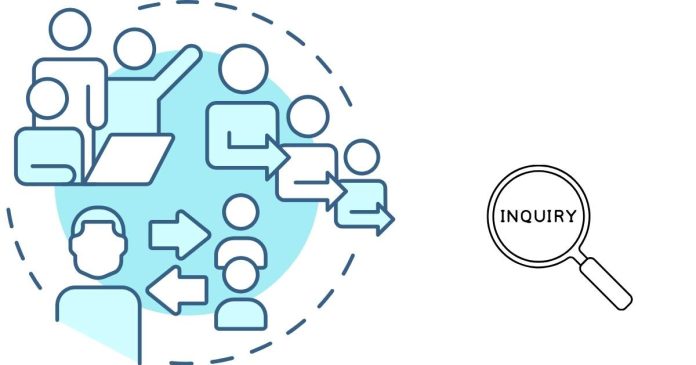Running a completely free and legit background check can be challenging, as most detailed background check services typically charge for access to their data. However, there are a few legitimate ways to gather public information about someone for free, though the depth of the information may vary. Here are some methods:
1. Search Public Records Online
- Court Records: Many court systems make their records available online. You can search for civil or criminal court cases, traffic violations, or other legal issues that may be public. Websites like PACER (for federal cases) or state court databases can help.
- Local Government Websites: Check county or city websites for arrest records, marriage licenses, or property ownership details.
2. Social Media
- Check Social Media Profiles: Many people have publicly accessible social media accounts. By searching someone’s name on platforms like Facebook, Instagram, LinkedIn, or Twitter, you may find useful information about their background, employment, education, and social connections.
- Google Search: A simple Google search using their name along with additional identifiers (location, profession, etc.) can sometimes turn up relevant public information like news articles, online mentions, or professional listings.
3. Check Online Databases
- Some websites offer basic background information for free, like criminal records or address history. Examples include:
- Whitepages (basic information)
- Spokeo (sometimes shows free results, but most are behind a paywall)
- BeenVerified (limited free searches)
- These sites often offer limited data for free but will require payment for detailed background checks.
4. Use Government Resources
- Sex Offender Registry: In the U.S., every state maintains a public online registry of sex offenders. You can search these databases for information about someone’s criminal history.
- National Sex Offender Public Website (NSOPW): This is a national resource provided by the U.S. government for checking someone’s criminal record related to sex offenses.
5. Check Professional Licensing Boards
- If the person holds a professional license (doctor, lawyer, nurse, etc.), you can often check their status with the relevant licensing board. These are typically public resources, and many states or professional organizations have online tools to verify someone’s credentials and disciplinary history.
6. Search Property and Business Records
- Property ownership and business registration records are public in most jurisdictions. Websites like Zillow, Redfin, or local property appraiser websites can give you ownership history of a specific property.
- You can also search business records to check if someone owns or operates a company. These databases are often available on state government websites.
7. Use Free Trial Services
- Some background check services like TruthFinder or Intelius offer limited free trials where you can access certain basic details about someone’s background, though you’ll need to be cautious about what information you’re providing to these services.
8. Ask for Consent
- If you’re trying to verify someone’s background for a job, rental agreement, or other legitimate reasons, it’s always best to ask them for permission. If they consent, they can provide you with their full background report or details that you can verify directly.
Important Considerations:
- Legality: Always ensure that you’re using public and legal methods to gather information. Privacy laws vary by region, so it’s important to stay compliant with local laws regarding personal data.
- Accuracy: Public records and online data can sometimes be outdated or incorrect. You may want to cross-reference multiple sources to verify the information you’re gathering.
Running a background check for free might not give you all the information you need, especially regarding criminal history or employment verification, but it can still provide useful insights.


